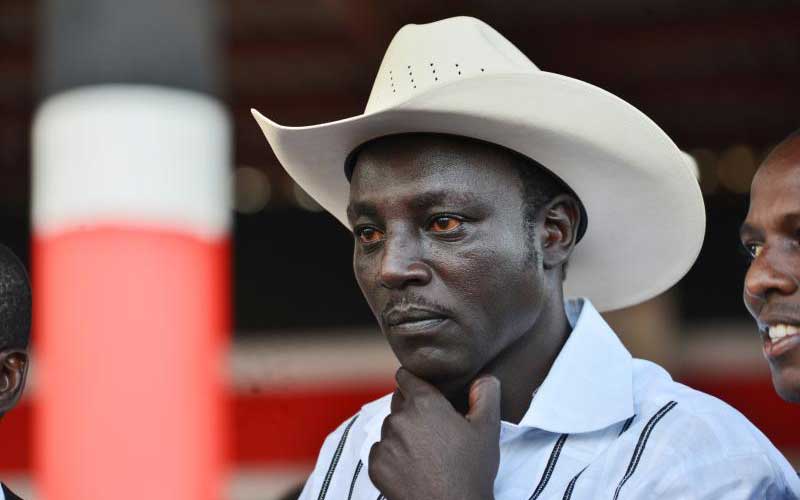
Nationhood is inseparable from popular culture. There is no nation where popular cultural output pulls in a different direction from national agenda. America is always a good example because it travelled an agonising path in pursuit of racial equality since 1619, the year that the first ship bearing African slaves docked in Virginia.
Popular music played important roles in defusing trivial sexual fears and prejudices that still inform institutional racism in the US. Kenyans ought to address the weaknesses of their own popular culture in this regard, now that musician John Ng’ang’a, alias John DeMatthew has died.